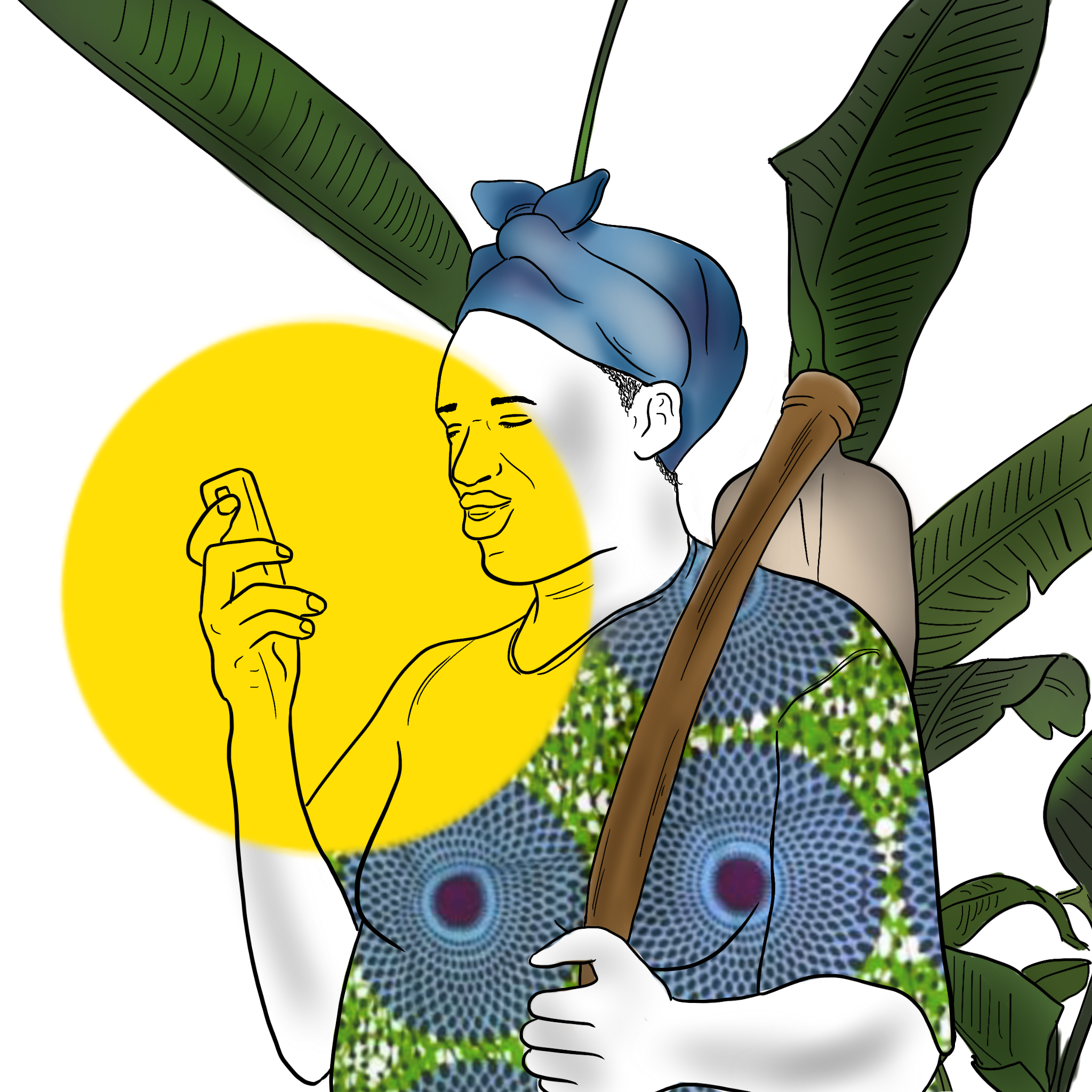Today, in collaboration with OONI (Open Observatory of Network Interference), DefendDefenders co-published a new research report: “Uganda’s Social Media Tax through the lens of network measurements”.
Our research report is available here.
As of 1st July 2018, Uganda has introduced a new OTT (Over The Top) tax – commonly referred to as the Social Media Tax – which requires people in Uganda to pay taxes to the government in order to access several online social media platforms. Unless this tax is paid, access to these specific social media platforms is blocked.
Thanks to OONI Probe users in Uganda, internet censorship has been measured in the country since 2014 (previously enabling the detection and examination of social media censorship during the 2016 elections).
In light of the new OTT tax, we joined forces with OONI to test the taxed social media platforms and to run a series of experiments, testing VPN blocking as well.
Our key findings include:
- Ugandan ISPs primarily implement internet censorship by means of HTTP blocking, resetting connections to taxed and banned sites.
- MTN appears to block Twitter, Facebook, WhatsApp, Instagram, and Snapchat by means of TCP/IP blocking.
- Social media censorship varies across ASNs. Africell, for example, attempts to block Telegram, while MTN doesn’t. Different social media sites were blocked by different ISPs. Some Ugandan ISPs don’t block
access to social media sites at all (such as Smile Communications and state-owned Uganda Telecom). - The blocking of circumvention tool sites also varies across ASNs. MTN blocks access to VPN servers using the OpenVPN protocol and to torproject.org, but not to the Tor network.
The above findings are based on the collection and analysis of OONI network measurements from multiple local vantage points in Uganda:
To reproduce and expand upon our study, you can:
- Run OONI Probe
- Use OONI Run to test the sites of your choice
- Download OONI data for your own analysis:
For more information, please contact DefendDefenders at [email protected] and OONI at [email protected].

